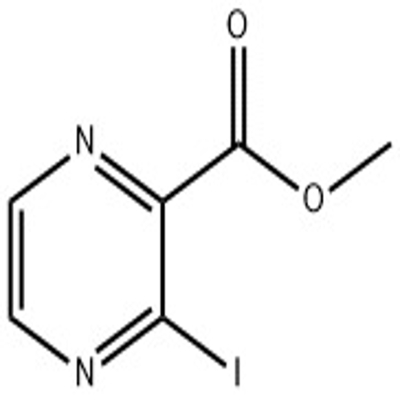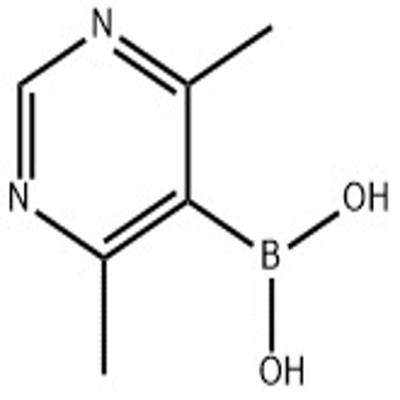-
Categories
-
Pharmaceutical Intermediates
-
Active Pharmaceutical Ingredients
-
Food Additives
- Industrial Coatings
- Agrochemicals
- Dyes and Pigments
- Surfactant
- Flavors and Fragrances
- Chemical Reagents
- Catalyst and Auxiliary
- Natural Products
- Inorganic Chemistry
-
Organic Chemistry
-
Biochemical Engineering
- Analytical Chemistry
- Cosmetic Ingredient
-
Pharmaceutical Intermediates
Promotion
ECHEMI Mall
Wholesale
Weekly Price
Exhibition
News
-
Trade Service
Immunotherapy has become one of the main models for treating cancer.
the development and clinical trials of immunotherapy have been affected this year as the new crown epidemic sweeps the globe? Has there been a change in the popular targets for immunotherapy in an environment where multiple immuno-checkpoint inhibitors and CAR-T therapies are already on the market? A team at the Cancer Institute in New York recently published a review at the Nature Reviews Drug Discovery that looked at the 2020 cancer immunotherapy development pipeline and compared it with data from the past three years.
today, the Pharmaceutical Mingkang content team will share the highlights of this review with readers.
the development pipeline of immuno-oncology therapies continues to expand in 2020, the number of immuno-oncology research and development pipelines in research and development reached 4,720, an increase of 22% compared to 2019 and 233% compared to 2017.
growth in the neighborhood by 2020 shows a renewed increase in enthusiasm for immuno-oncology therapy research and development, following a 15 percent increase in the number of patients in the region in 2019.
Immune Oncology Research and Development Pipeline Expansion Trend (Photo Source: Reference 1) Cell therapy continues to grow strongly in the six sub-sectors of immunotherapy, with the number of in-study therapies increasing fourfold compared to 2017.
number of immunomodulation drugs (e.g. PD-1/PD-L1 inhibitors) targeting T cells also increased significantly.
research and development activity in the field of cancer vaccines has returned to growth in 2020 after a brief stagnation in 2019, which may be due to the emergence of new preclinical vaccine programs based on new antigens and nanoparticle technologies.
analysis of the top 10 hot targets for immuno-oncology therapy shows that the number of research therapies targeted at most popular targets will increase significantly or maintain in 2020.
, however, the number of in-study therapies targeting tumor-related antigens (TAA) will decline in 2020, possibly because of a decline in the number of cancer vaccines.
when researchers analyzed suspended research and development projects, they also found that research and development projects targeting TAA were suspended or cancelled the most.
number of research projects targeting CEA, IL-2R and IDO1 has also increased over the past year, possibly due to insufficient recent clinical trial data.
Further analysis of the immunomodulation drug development pipeline at the top 10 immuno-oncology targets (above) and the top 10 targets for reduction projects (photo source: Reference 1) shows that the growth of targeted macrophages, B-cells, natural killer cells, and tumor-immersed cells (TIL) in research therapy exceeded the growth rate of targeted T-cell therapy, according to the classification of the types of cells they targeted.
, the number of in-study therapies targeting B-cells increased from 1 in 2018 to 18 in 2020.
number of in-study therapies targeting TIL is 2.6 times higher than in 2018.
thanks in part to concerns about cd47's "Don't Eat Me" signaling path, the number of macrophage-targeted in-study therapies will reach 229 by 2020, an 86 percent increase from 2018.
. The spread of COVID-19 on clinical trials of immuno-oncology therapy has seriously hindered the initiating and conduct of clinical trials by classifying immunomodulation drugs according to the type of cell targeted (Photo Source: Reference.
researchers compared the number of clinical trials initiated each month over the past five years and found that by the end of 2019, the number of new clinical trials started was much lower than in previous years.
observations are consistent with the beginning of the COVID-19 pandemic and the downward trend in the number of new clinical trials in the fall.
, the number of clinical trials of immuno-oncology therapies has picked up significantly over the past few months.
show a strong rebound in clinical trials in this area and the resumption of a backlog of clinical trials.
the researchers also point out that because clinical trial information is not updated in a public database in a timely manner, it can also affect the presentation of data because clinical trials are sometimes expected to start differently from the true start date.
conclusion researchers say the field of immuno-oncology continues to expand, with the number of in-study therapies and clinical trials for almost all drug types increasing further than last year.
it is worth noting that the field is exploring the efficacy of immune cells other than T cells in the treatment of cancer.
this analysis, which collected data from the peak of the COVID-19 outbreak, showed that coVID-19 interference in the field of immuno-oncology was temporary, and the researchers observed evidence that clearly marked the revival of clinical trial activity.
reference: s1. Upadhaya et al., (2020). Immuno-oncology drug development forges on despite COVID-19. Nature Reviews Drug Discovery, doi: 10.1038/d41573-020-00166-1.





![6-Chloro-1H-pyrazolo[3,4-b]pyrazine](https://file.echemi.com/fileManage/upload/goodpicture/20210820/m20210820163301650.jpg)

